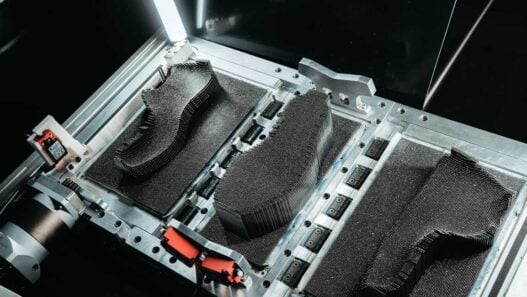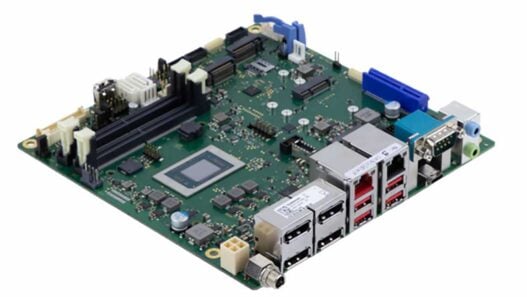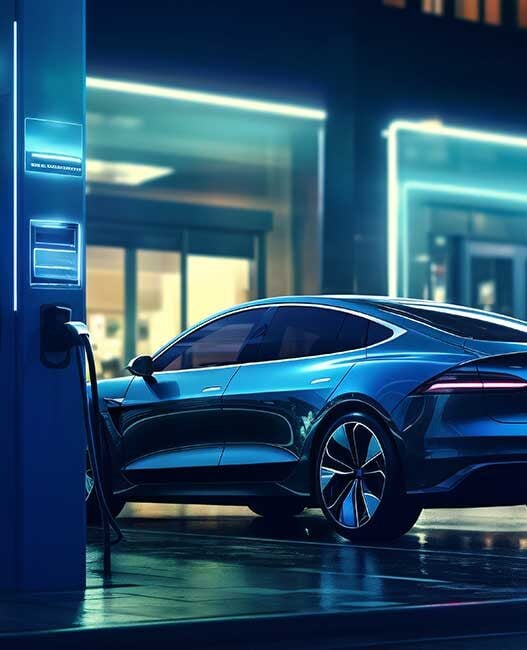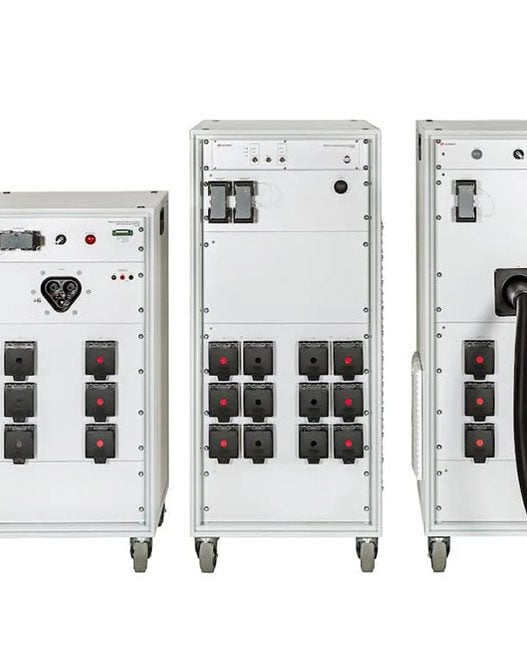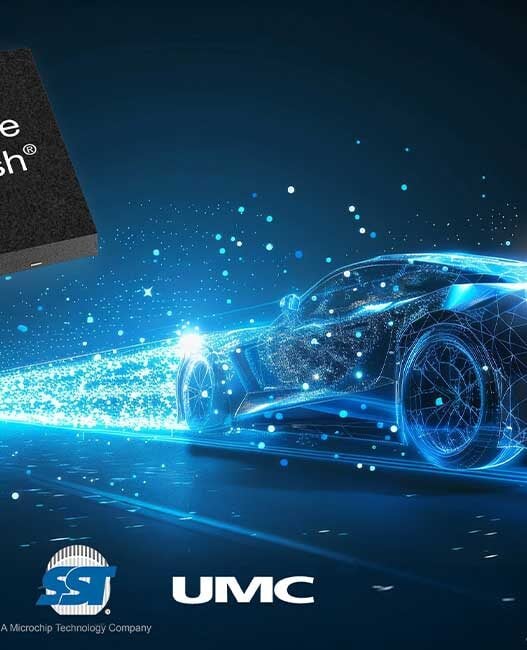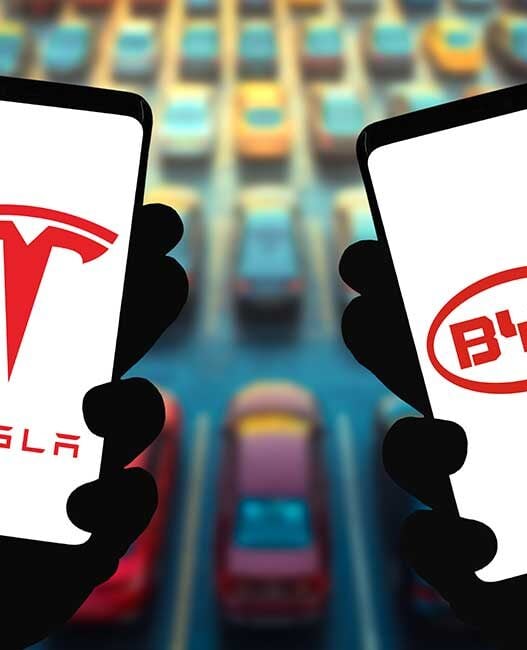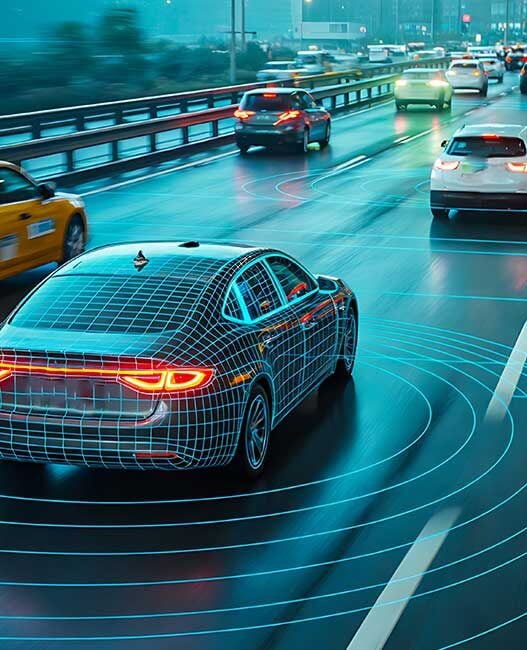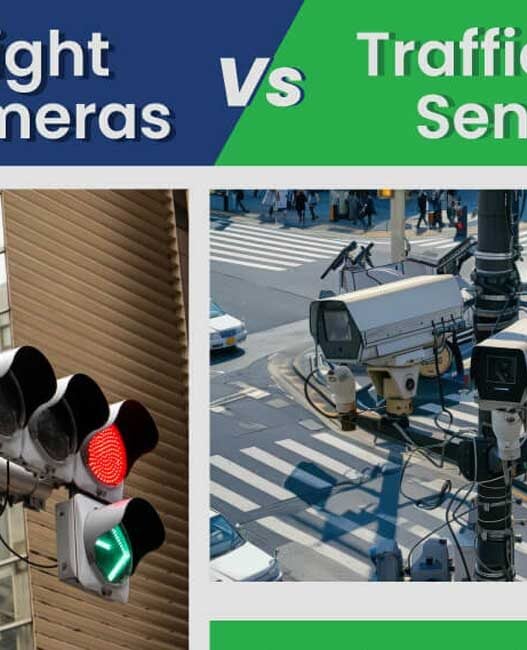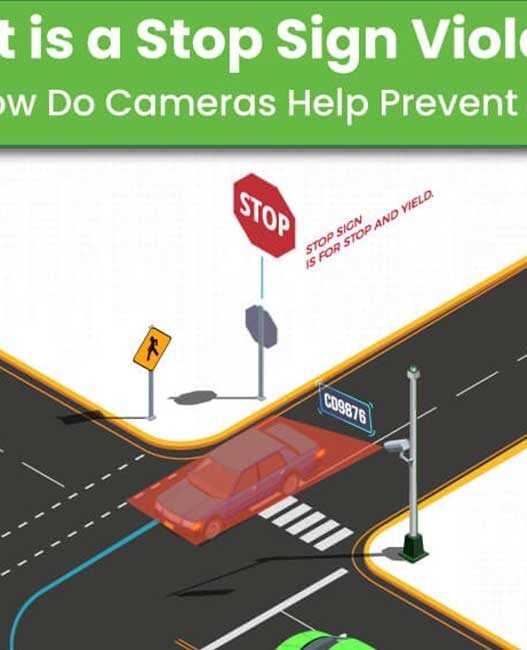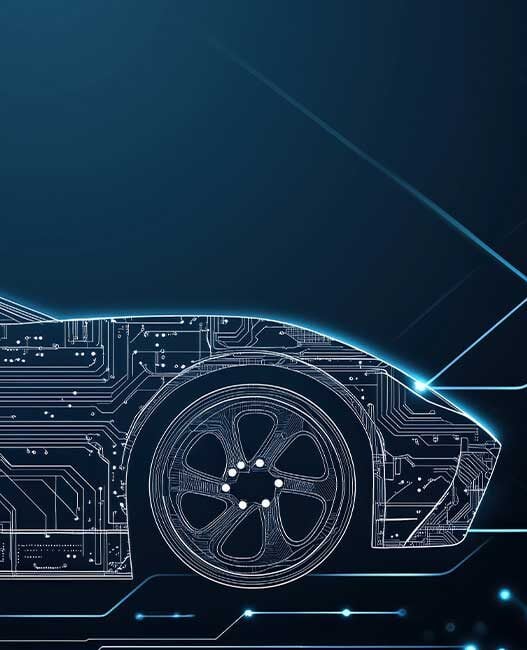This advanced system, capable of performing over 250 trillion operations per second (TOPS), runs on NVIDIA DriveOS and delivers high-performance processing in a compact form, no larger than a postage stamp. The core compute architecture of the EX90 manages all vehicle functions, from safety and driving assistance features to the development of autonomous driving capabilities, while ensuring a superior user experience.
The Volvo EX90 is described as an intelligent mobile device on wheels. It comes equipped with Volvo’s most advanced sensor suite to date, including radar, lidar, cameras, and ultrasonic sensors, among others. The NVIDIA DRIVE Orin platform enables real-time, redundant, and advanced 360-degree surround-sensor data processing, reinforcing Volvo Cars’ commitment to safety.
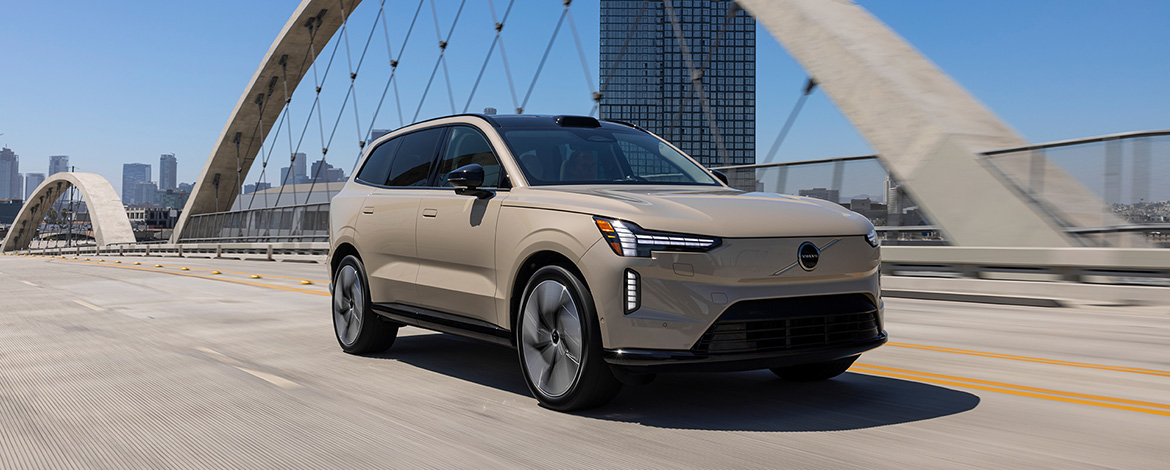
Next-generation development: NVIDIA DRIVE Thor
Looking ahead, Volvo Cars has announced plans to transition to the next-generation NVIDIA DRIVE Thor SoC for its future vehicle fleets. This new processor, expected to be integrated into Volvo’s vehicles by the end of the decade, offers a significant leap in processing power with 1,000 TOPS—quadrupling the capability of the current DRIVE Orin SoC and improving energy efficiency by seven times.
The DRIVE Thor processor will feature NVIDIA’s latest Blackwell GPU architecture, unlocking new possibilities and capabilities for both in-car and surrounding environments. This platform will enable the deployment of advanced driver-assistance systems (ADAS) and self-driving features while opening the door to innovative in-vehicle experiences powered by generative AI.
Highlighting this technological advancement, CEO Jim Rowan stated: “With NVIDIA DRIVE Thor in our future cars, our in-house developed software becomes more scalable across our product lineup, and it helps us to continue to improve the safety in our cars, deliver best-in-class customer experiences — and increase our margins.”
Strategic investment in AI with Zenseact
Volvo Cars, along with its software subsidiary Zenseact, is making a strategic investment in NVIDIA DGX systems to enhance AI model training in the Cloud. This move aims to equip future fleets with the most advanced and rigorously tested AI-powered safety features. Training the next generation of AI-enabled vehicles requires immense data processing capabilities, achievable only with data-centre-level compute infrastructure.
NVIDIA DGX systems offer the computational power necessary to train AI models with high efficiency. Transportation companies, including Volvo, use these systems to accelerate the development of autonomous technology in a cost-effective, enterprise-ready manner. Volvo Cars and Zenseact’s AI training hub, located in the Nordics, will leverage these systems to advance various aspects of ADAS and autonomous driving software development. One significant advantage is optimising the data annotation process, a traditionally laborious task of identifying and labelling objects for classification and recognition.
Additionally, the cluster of DGX systems will process the extensive data required for safety assurance, potentially doubling performance and reducing time to market by half. Anders Bell, Chief Engineering and Technology Officer at Volvo Cars, noted:
“The NVIDIA DGX AI supercomputer will supercharge our AI training capabilities, making this in-house AI training centre one of the largest in the Nordics. By leveraging NVIDIA technology and setting up the data centre, we pave a quick path to high-performing AI, ultimately helping make our products safer and better.”
With NVIDIA technology at the core of both in-car systems and Cloud infrastructure, Volvo Cars and Zenseact are well-positioned to deliver vehicles that provide a safe and reassuring driving experience, wherever the journey leads.



